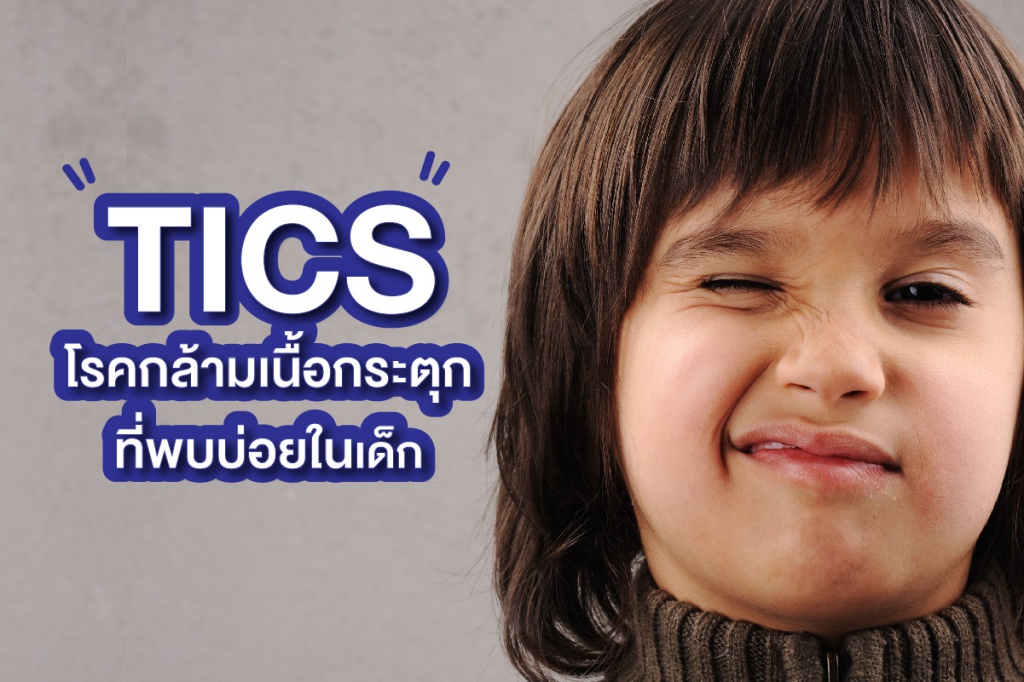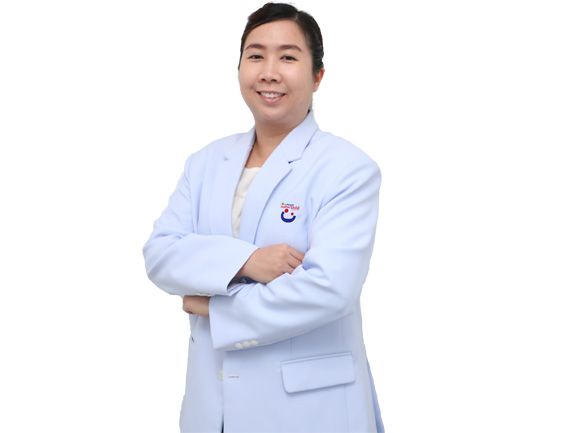
TICS, or Tourette's syndrome, is a condition commonly found in children.
Tourette Syndrome (TS) is a neurological disorder characterized by involuntary muscle movements or tics. These tics can involve rapid movements or sudden jerking of muscles in various parts of the body, such as the face, shoulders, hands, or legs, as well as the production of sudden sounds or vocalizations, such as coughing or throat clearing. In some cases, the vocalizations may include the involuntary utterance of inappropriate or offensive words. These symptoms occur spontaneously, unintentionally, and are difficult to control. Tics in TS can be compared to small hiccups that occur involuntarily, even though we don't want them to happen.
The cause of TS is believed to involve changes in the functioning of the brain regions that control movement, and there is a tendency for it to be genetically influenced. However, TS is not considered dangerous or damaging to the brain. It often co-occurs with conditions such as attention-deficit/hyperactivity disorder (ADHD) and obsessive-compulsive disorder (OCD).
TS is commonly found in children and may first appear around the age of 5. The symptoms may come and go in episodes, and they tend to worsen during periods of stress, anxiety, fatigue, or excitement. The symptoms often improve when stress or anxiety is reduced. During episodes of frequent or severe symptoms, individuals with TS may experience emotional or social difficulties, such as feeling embarrassed, being teased, or isolating themselves.
The duration of TS symptoms can vary. In most cases, symptoms improve within a few months after they first appear. However, there are often recurring episodes of symptoms, which can be more pronounced during the age range of approximately 8 years to adolescence. Symptoms tend to improve after passing through the adolescent stage.
Treatment for TS depends on the severity of the symptoms and whether they cause significant impairment or other problems. If the tics are mild and not interfering with daily activities, management strategies may involve stress reduction, avoiding fatigue, reducing teasing, or providing reassurance. However, if the tics are severe and affecting daily functioning, the goal of treatment is to reduce the frequency of tics. This can be achieved through techniques that help individuals become aware of the physical sensations that often precede the tics, allowing them to partially control or suppress the tics. Relaxation techniques may also be helpful in managing emotional discomfort associated with tics.
In addition to behavioral and psychological interventions, medication can be prescribed to help alleviate and manage the tics and movement symptoms. Medications can be used in conjunction with behavioral and psychological therapies to provide comprehensive treatment.

บทความโดย
พญ.ชนม์นิภา บุตรวงษ์
เว็บไซต์นี้มีการใช้งานคุกกี้ เพื่อเพิ่มประสิทธิภาพและประสบการณ์ที่ดีในการใช้งานเว็บไซต์ของท่าน